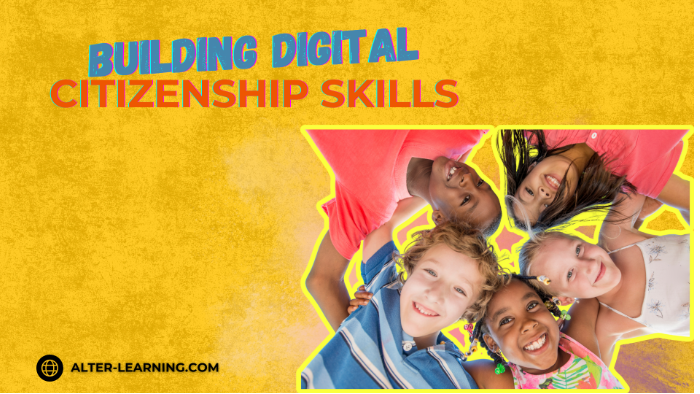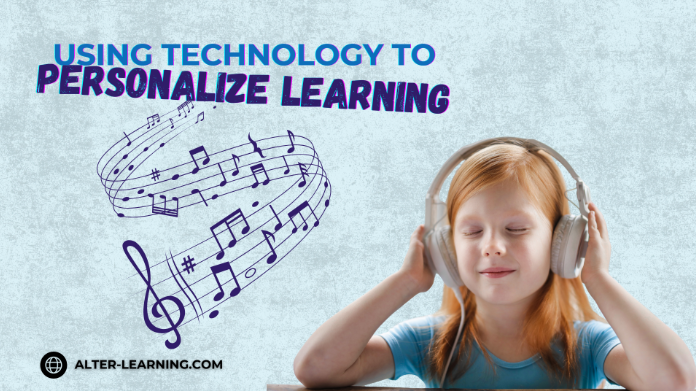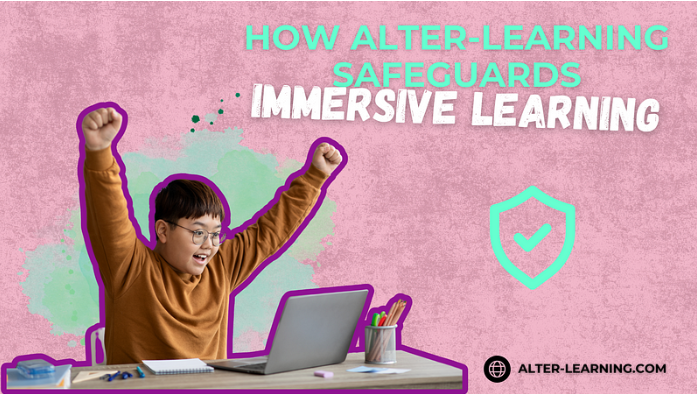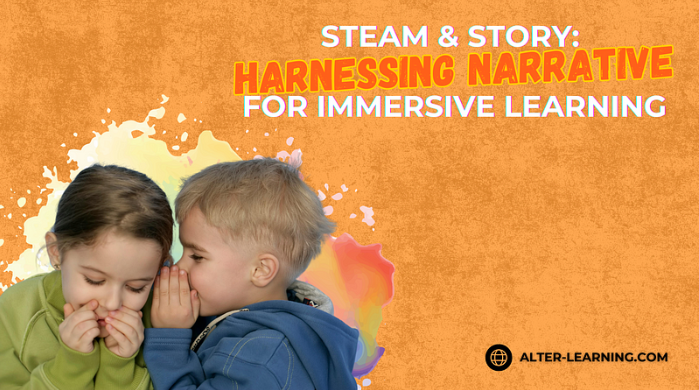In today’s connected world, students don’t just learn through textbooks—they learn online, across devices, and within digital communities. This shift creates opportunities but also responsibilities. To thrive in these spaces, learners need more than academic knowledge—they need digital citizenship skills. These skills include responsible online behavior, critical evaluation of information, respect for others, and awareness of digital safety.
Educational technology, when designed thoughtfully, can play a key role in supporting these skills. Alter-Learning’s immersive environments, STEAM educational games, and collaborative platforms suggest ways digital citizenship can be integrated seamlessly into interactive learning experiences.
Why Digital Citizenship Matters
Digital citizenship is not optional—it is a core competency for future readiness. Students who develop strong digital citizenship skills may be more likely to:
- Communicate respectfully in digital and multiplayer environments,
- Protect their privacy and make responsible choices about sharing information,
- Evaluate online content critically, avoiding misinformation,
- Collaborate productively in diverse digital teams,
- Balance digital engagement with wellbeing and offline life.
By fostering these habits early, schools can prepare students not only for academic success but also for life in an increasingly digital society.
How Games Can Support Digital Citizenship
Educational games can provide unique opportunities to practice digital citizenship in safe, structured contexts. For example:
- Multiplayer missions can model respectful communication, teamwork, and conflict resolution,
- Story-driven simulations can help learners explore ethical dilemmas in online interactions,
- Interactive VR simulations can reinforce digital safety and responsibility by connecting choices to outcomes,
- Creative arts education software can encourage students to share and collaborate while learning about intellectual property and attribution.
These experiences give students the opportunity to practice responsible behavior before applying it in real-world online contexts.
Key Areas of Digital Citizenship in EdTech
Educational platforms can embed lessons of digital citizenship into their design. Important areas include:
- Online safety and privacy – students learn to manage data responsibly,
- Respect and empathy – built through interactive storytelling and cooperative play,
- Information literacy – practiced through inquiry-based challenges that require evaluating sources,
- Balanced use of technology – reinforced by tools that encourage breaks and reflection on screen time.
By connecting these areas to engaging gameplay, platforms can help students internalize the principles of responsible digital citizenship.
The Teacher’s Role in Digital Citizenship
Teachers remain central in guiding how students apply digital citizenship. EdTech platforms like Alter-Learning can support educators by offering:
- Curriculum-aligned modules on online behavior, empathy, and collaboration,
- Dashboards to monitor student participation in multiplayer environments,
- Discussion prompts to connect digital scenarios to real-life choices,
- Accessibility features ensuring all learners can participate fully.
When teachers pair immersive tools with reflective discussions, students may better understand the “why” behind responsible digital behavior.
Challenges and Opportunities
Building digital citizenship through games is not without challenges. Questions schools and developers may face include:
- How to balance freedom in multiplayer spaces with safety and moderation,
- How to ensure cultural sensitivity when addressing online ethics,
- How to adapt digital citizenship lessons for students at different developmental stages.
By collaborating with educators and communities, EdTech developers can refine content and create tools that reflect diverse needs while keeping students safe.
Looking Ahead
Digital citizenship is no longer an add-on—it is a fundamental skill for navigating education, careers, and civic life. By embedding lessons of respect, responsibility, and critical thinking into STEAM educational games, XR educational content, and wellness-centered tools, Alter-Learning demonstrates how technology can help prepare students for the digital age.
When learners practice safe, respectful, and thoughtful engagement in immersive digital environments, they are not just playing—they are preparing to be active, responsible citizens of a connected world.
Follow Alter-Learning for more insights into immersive education, edtech success stories, and the future of learning. Want to explore how VR/AR could transform your school or learning platform? Let’s connect.




